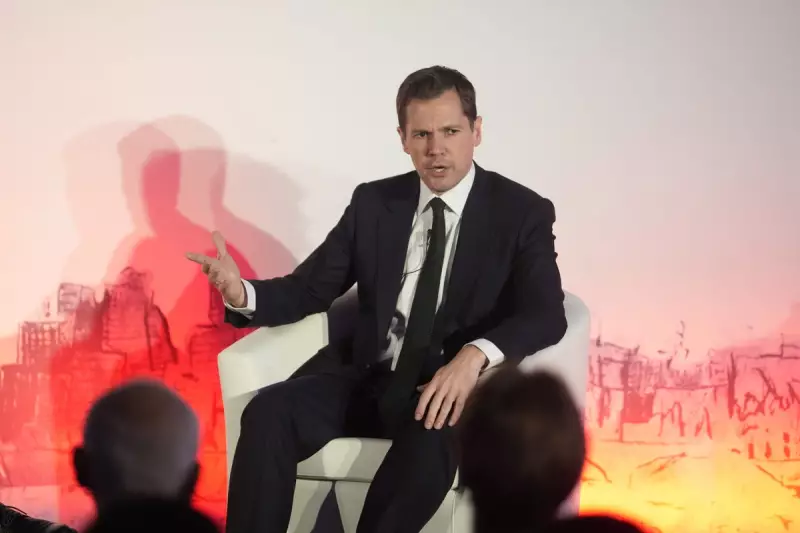
Conservative minister Robert Jenrick has ignited a political firestorm after it emerged he personally intervened in a sensitive child sexual abuse case, prompting accusations of "political grandstanding" from furious Labour MPs.
Minister's Unprecedented Move
The Immigration Minister took the extraordinary step of writing directly to the Sentencing Council, demanding harsher punishments for offenders convicted of possessing indecent images of children. This direct ministerial intervention into an ongoing judicial process has raised serious questions about the separation of powers between government and judiciary.
Labour's Furious Response
Shadow ministers have condemned Mr Jenrick's actions as a transparent attempt to score political points. Labour's Anneliese Dodds slammed the move, stating: "This appears to be more about generating headlines than genuine concern for victims. The independence of our sentencing process must be respected, not manipulated for political advantage."
Timing Raises Eyebrows
The intervention comes amid growing political tension around law and order policies, with both major parties seeking to position themselves as toughest on child protection. Critics argue the timing suggests a coordinated attempt to dominate news cycles rather than a principled stand.
Sentencing Council Under Pressure
The independent body, responsible for setting sentencing guidelines across English courts, now faces unprecedented political pressure. Legal experts warn that such ministerial interventions could undermine public confidence in the judiciary's independence.
Broader Implications
This controversy highlights ongoing tensions between:
- Executive power and judicial independence
- Political expediency versus due process
- Public protection and constitutional principles
The fallout continues as legal professionals and opposition politicians question whether this marks a dangerous precedent for political interference in the justice system.






